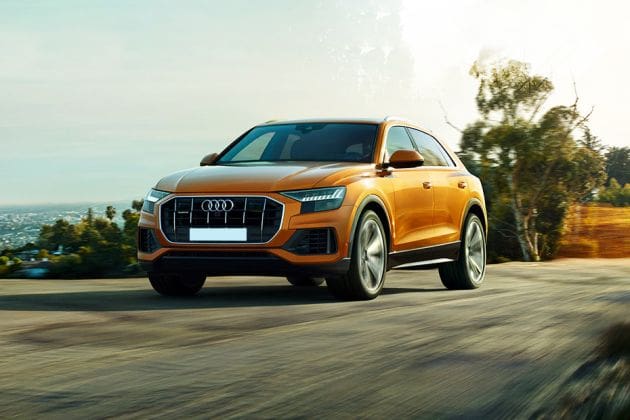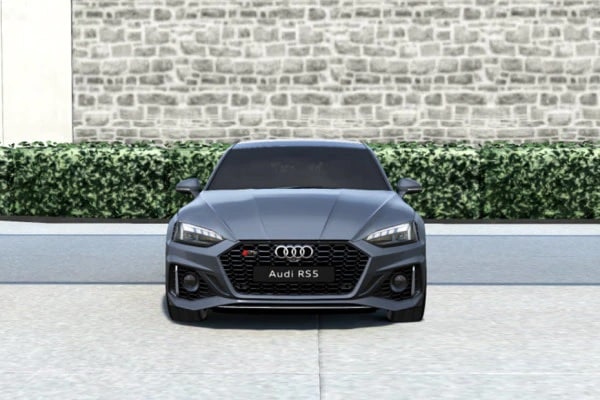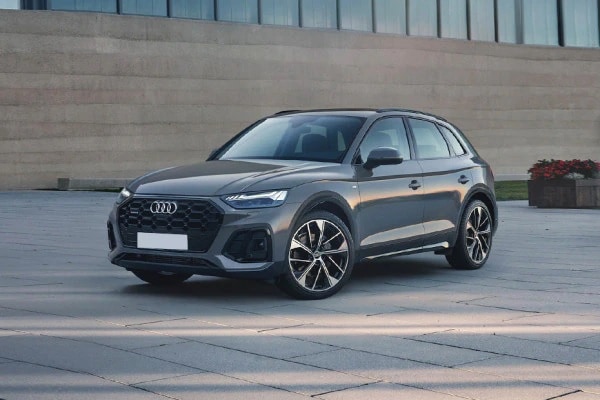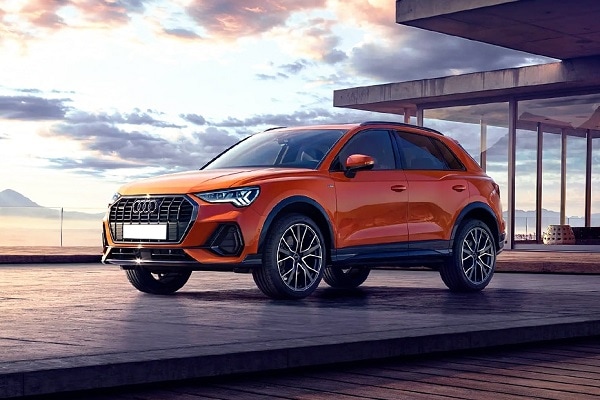Why some BMW and Audi owners love to break traffic rules
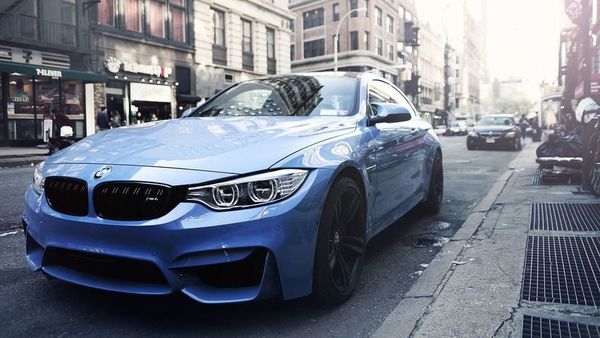

Why do BMW and Audi owners often seem to break road laws and drive like madmen especially in night? According to a new study, self-centred men (but not women) who are argumentative, stubborn, disagreeable and unempathetic are much more likely to own a high-status car and break traffic rules.
"I noticed that the ones most likely to run a red light, not give way to pedestrians and generally drive recklessly and too fast were often the ones driving fast German cars," said study author Jan-Erik Lonnqvist, Professor at University of Helsinki in Finland.
Also check these Vehicles
According to the researchers, a previous study also confirmed that the drivers of expensive cars are more likely to break traffic regulations.
This phenomenon has been explained with the common assumption that wealth has a corrupting effect on people, resulting, for example, in high-status consumption and unethical behaviour in various situations.
For the findings, published in the International Journal of Psychology, the researchers approached the question from a different angle by asking whether specific types of people are drawn to high-status cars regardless of their financial assets and also have a tendency to break traffic laws.
To gain answers, researchers carried out a study of Finnish consumers.
A total of 1,892 car owners answered not only questions about their car, consumption habits and wealth but also questions exploring personality traits.
The answers were analysed using the Five-Factor Model, the most widely used framework for assessing personality traits in five key domains (openness, conscientiousness, neuroticism, extraversion, agreeableness).
The answers were unambiguous: self-centred men who are argumentative, stubborn, disagreeable and unempathetic are much more likely to own a high-status car such as an Audi, BMW or Mercedes.
"These personality traits explain the desire to own high-status products, and the same traits also explain why such people break traffic regulations more frequently than others," said Lonnqvist.
He points out that money is, of course, necessary to buy high-status products, which is why rich people drive high-status cars.
"But we also found that those whose personality was deemed more disagreeable were more drawn to high-status cars. These are people who often see themselves as superior and are keen to display this to others," Lonnqvist added.
One of the more unexpected results was that another personality type is also drawn to high-status cars: the conscientious.
People with this type of personality are, as a rule, respectable, ambitious, reliable and well-organised. They take care of themselves and their health and often perform well at work.
"The link is presumably explained by the importance they attach to high quality. All makes of car have a specific image, and by driving a reliable car they are sending out the message that they themselves are reliable," explained Lonnqvist.
The link between conscientious personality traits and interest in high-status cars was found among both men and women.
In contrast, the connection between self-centred personality traits and high-status cars was only found among men, not women.
One possibility is that cars simply do not have the same significance as status symbols for women.
"It would be great if consumers had other, sustainable ways of showing their status rather than the superficial consumption of luxury goods that often has negative consequences," the researchers wrote.







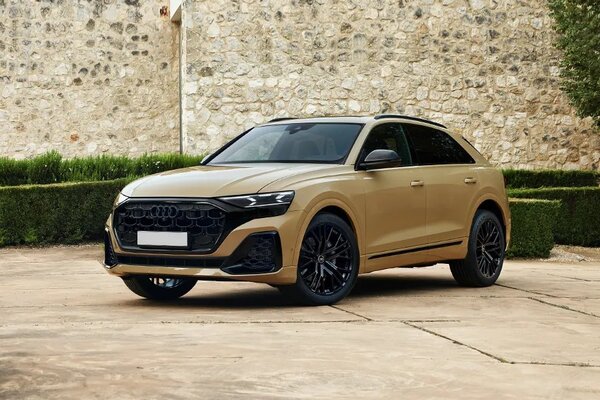
 2995 cc
2995 cc Petrol
Petrol